Android 框架簡(jiǎn)介
* significant work and incurring significant overhead.
*/
public final class Log {
/**
* Priority constant for the println method; use Log.v.
*/
public static final int VERBOSE = 2;
/**
* Priority constant for the println method; use Log.d.
*/
public static final int DEBUG = 3;
/**
* Priority constant for the println method; use Log.i.
*/
public static final int INFO = 4;
/**
* Priority constant for the println method; use Log.w.
*/
public static final int WARN = 5;
/**
* Priority constant for the println method; use Log.e.
*/
public static final int ERROR = 6;
/**
* Priority constant for the println method.
*/
public static final int ASSERT = 7;
/**
* Exception class used to capture a stack trace in {@link #wtf()}.
*/
private static class TerribleFailure extends Exception {
TerribleFailure(String msg, Throwable cause) { super(msg, cause); }
}
private Log() {
}
/**
* Send a {@link #VERBOSE} log message.
* @param tag Used to identify the source of a log message. It usually identifies
* the class or activity where the log call occurs.
* @param msg The message you would like logged.
*/
public static int v(String tag, String msg) {
return println_native(LOG_ID_MAIN, VERBOSE, tag, msg);
}
/**
* Send a {@link #VERBOSE} log message and log the exception.
* @param tag Used to identify the source of a log message. It usually identifies
* the class or activity where the log call occurs.
* @param msg The message you would like logged.
* @param tr An exception to log
*/
public static int v(String tag, String msg, Throwable tr) {
return println_native(LOG_ID_MAIN, VERBOSE, tag, msg + '/n' + getStackTraceString(tr));
}
/**
* Send a {@link #DEBUG} log message.
* @param tag Used to identify the source of a log message. It usually identifies
* the class or activity where the log call occurs.
* @param msg The message you would like logged.
*/
public static int d(String tag, String msg) {
return println_native(LOG_ID_MAIN, DEBUG, tag, msg);
}
/**
* Send a {@link #DEBUG} log message and log the exception.
* @param tag Used to identify the source of a log message. It usually identifies
* the class or activity where the log call occurs.
* @param msg The message you would like logged.
* @param tr An exception to log
*/
public static int d(String tag, String msg, Throwable tr) {
return println_native(LOG_ID_MAIN, DEBUG, tag, msg + '/n' + getStackTraceString(tr));
}
/**
* Send an {@link #INFO} log message.
* @param tag Used to identify the source of a log message. It usually identifies
* the class or activity where the log call occurs.
* @param msg The message you would like logged.
*/
public static int i(String tag, String msg) {
return println_native(LOG_ID_MAIN, INFO, tag, msg);
}
/**
* Send a {@link #INFO} log message and log the exception.
* @param tag Used to identify the source of a log message. It usually identifies
* the class or activity where the log call occurs.
* @param msg The message you would like logged.
* @param tr An exception to log
*/
public static int i(String tag, String msg, Throwable tr) {
return println_native(LOG_ID_MAIN, INFO, tag, msg + '/n' + getStackTraceString(tr));
}
/**
* Send a {@link #WARN} log message.
* @param tag Used to identify the source of a log message. It usually identifies
* the class or activity where the log call occurs.
* @param msg The message you would like logged.
*/
public static int w(String tag, String msg) {
return println_native(LOG_ID_MAIN, WARN, tag, msg);
}
/**
* Send a {@link #WARN} log message and log the exception.
* @param tag Used to identify the source of a log message. It usually identifies
* the class or activity where the log call occurs.
* @param msg The message you would like logged.
* @param tr An exception to log
*/
public static int w(String tag, String msg, Throwable tr) {
return println_native(LOG_ID_MAIN, WARN, tag, msg + '/n' + getStackTraceString(tr));
}
/**
* Checks to see whether or not a log for the specified tag is loggable at the specified level.
*
* The default level of any tag is set to INFO. This means that any level above and including






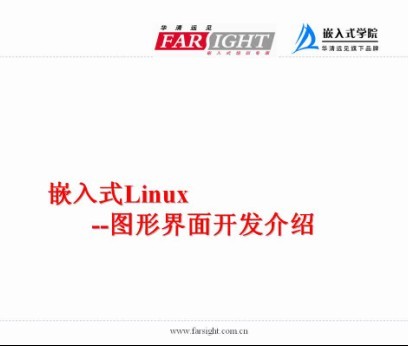

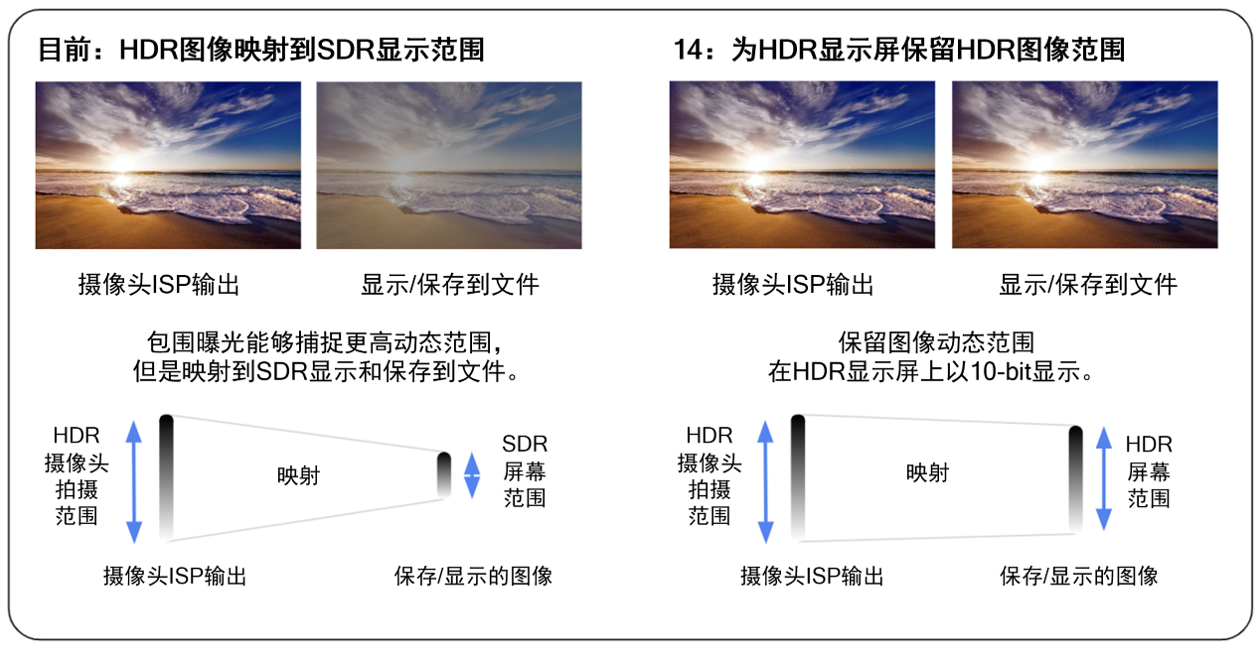
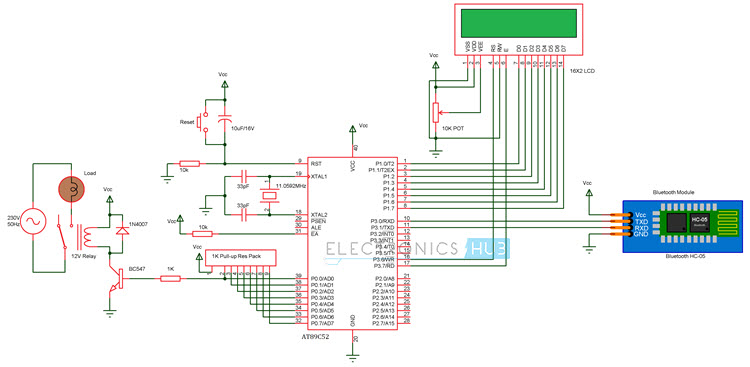


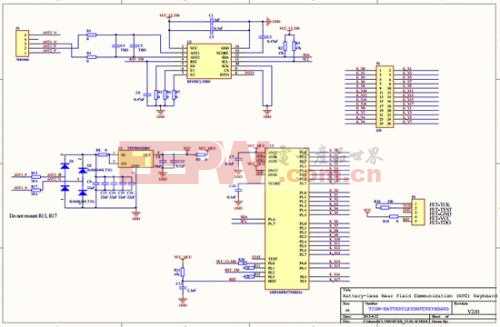

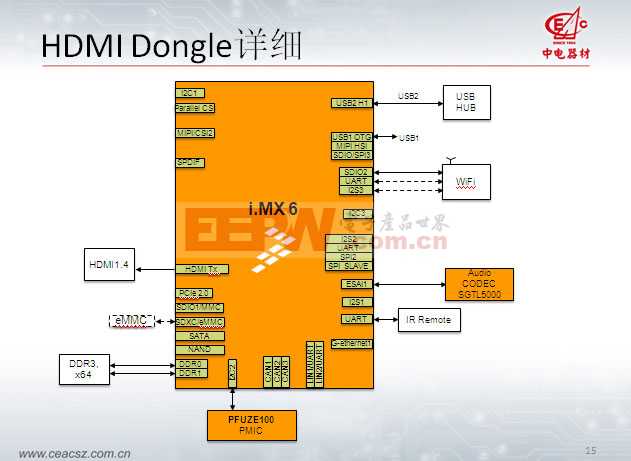

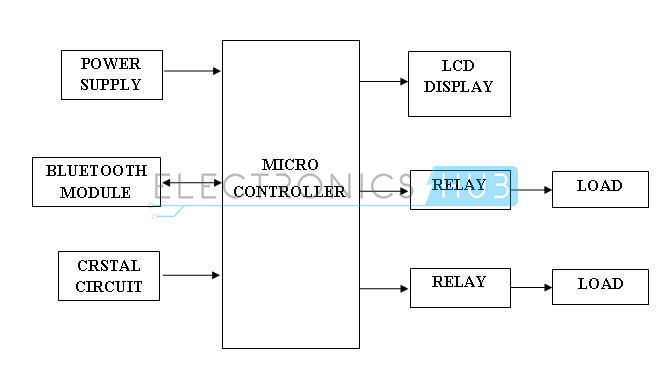
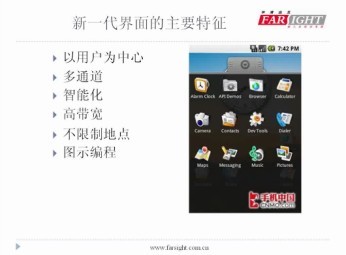
評(píng)論